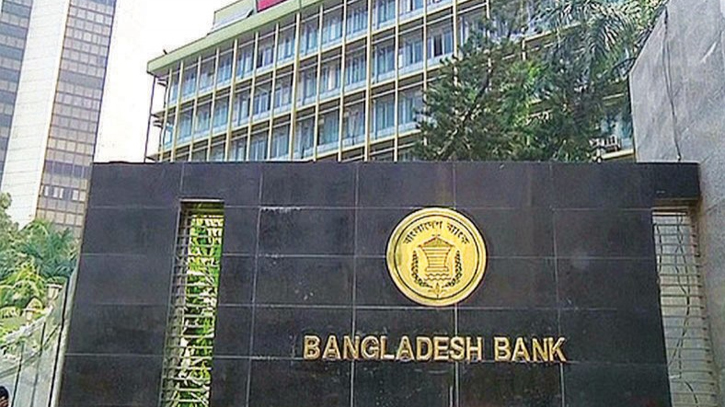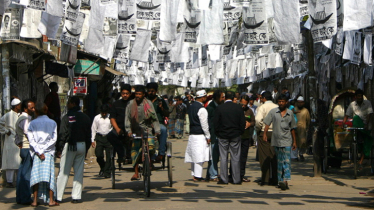
Photo : Collected
In the span of 15 years from 2008 to 2023, the Centre for Policy Dialogue (CPD), a private research organisation, reveals that a large amount of 92,261 crore takas has been looted from the country’s banking sector through 24 irregularities. This amounts to approximately 2 percent of the current Gross Domestic Product (GDP) or, more alarmingly, over 12 percent of the budget for the ongoing financial year (2023–24).
The CPD conducted a briefing at its office last Saturday, shedding light on various sectors of the economy, with particular emphasis on the banking sector. Banks such as BASIC Bank, state-owned Sonali Bank (linked with Hallmark), Global Islami Bank (previously NRB Global Bank associated with P.K. Halder), Farmers Bank (now Padma Bank), and NRB Commercial Bank have all been implicated in defaults during the period from 2008 to 2023.
In addition to the unrestrained misappropriation of funds in the form of loans from the banking sector, a surge in loan defaults has been observed. In 2008, defaulted loans in the banking sector amounted to Tk 22,000 crores, a figure that has now escalated to a staggering 1 lakh 56 thousand crores, according to CPD.
The CPD underscores that among the various sectors of the economy, the banking sector is currently in a state of distress, with the most significant loan default occurring in 2022, when Islami Bank’s irregularities reached approximately Tk 30,000 crores.
The repercussions of these irregularities, including loan defaults, embezzlement, and smuggling, have created a dire situation in the banking sector, evident in the current liquidity crisis. Fourteen banks have recorded capital shortfalls, leading to a slump in stock markets, stagnant investments, limited imports, and unchecked inflation. This has raised concerns about a looming economic disaster, emphasising the critical importance of a robust and dynamic banking sector that can effectively navigate crises.
Unfortunately, the present state of the banking sector contradicts longstanding aspirations for its strength and dynamism. Instead, it has become a conduit for the personal gain of certain individuals, exacerbating the crisis. An annual outflow of Tk 700 to 800 crore from Bangladesh is attributed to smuggling, sourced from debt defaults, tax evasion, and corruption.
Meanwhile, common citizens face hurdles in securing bank loans, encountering discouragement and deprivation due to various objections. In stark contrast, bank owners, influential business figures, and supporters of the ruling party seem to face no difficulty in obtaining loans, often sidestepping or disobeying established rules. Most instances of loan defaults are a result of regulatory violations, despite the existence of numerous rules in the banking sector that are inadequately enforced.
This troubling scenario underscores the urgent need for proper supervision and stringent measures. Those implicated in loan scams, money laundering, and defaults must be held accountable, with efforts directed toward recovering the misappropriated funds.
Messenger/Fameema








